Identifying potential ailments in newly adopted cats is crucial for ensuring their health and well-being.
Adopting a cat from an animal shelter or rescue group can be a rewarding experience, but these felines often come with their unique set of health challenges.
This article delves into the most common issues these cats may face, providing you with the knowledge to recognize symptoms and seek timely treatment.
Before Adopting: Know the Policies
Adopting a cat from a shelter or rescue group is a significant commitment, both emotionally and financially.
While these feline companions often bring immense joy, they might also come with certain health concerns.
It's essential to be well-informed and prepared before making the decision to adopt.
Medical History and Support
Cats that come from rescue groups and animal shelters often have a past that we may not fully know about.
They might have been exposed to stressful environments, making them more susceptible to various ailments.
Before leaving the shelter, inquire about the cat's medical history, if available.
Some shelters might have information about previous illnesses, vaccinations, or treatments that the cat has received.
Post-Adoption Medical Support
Different shelters and rescue groups have varying policies when it comes to post-adoption medical support. It's vital to get a written copy of their medical support policies. Clarify details like:
- Will they provide any veterinary care post-adoption?
- Are there any medicines or treatments that they will cover?
- How long does their medical support last after the adoption?
Understanding these policies will not only help you be better prepared for potential medical expenses but also ensure that your new furry family member receives the best care possible right from the start.
Bringing Your New Cat Home
So congratulations, you've just brought home your new furry friend, and you want to know what to do next.
If you already have a resident cat at home, I strongly urge you to do a slow and gentle introduction.
Not only may this assist you with the introduction between them, but it also makes it much less likely that your resident cat will catch anything from your new friend.
Common Symptoms to Watch Out For
As a responsible cat owner, staying observant of your cat's health is paramount.
While cats can be adept at hiding their discomfort, there are specific symptoms that should immediately catch your attention:
Medication Warning
It's essential to note that human medications can be lethal for cats. Never administer drugs like aspirin or Tylenol to your feline friend. Always consult a veterinarian before giving any medication.
Signs of Distress
If your cat exhibits any of the following symptoms, it's crucial to seek veterinary advice promptly:
- Sneezing
- Discharge from the nose, mouth, or eyes
- Loss of appetite
- Lethargy or unusual tiredness
- Diarrhea
- Bald spots, especially if accompanied by scabby, reddish, or gray welts. These are often found around the face, ears, paws, or tail.
Inter-Cat Transmission
If you have multiple cats at home and one displays the above symptoms, even if the new addition seems healthy, there's a possibility that the new cat is a latent carrier of a disease or ailment.
It's vital to monitor both cats and consult a vet for guidance on containment and treatment.
Upper Respiratory Infections
One of the frequent ailments that cats from shelters might exhibit is an upper respiratory infection, often abbreviated as URI.
Recognizing and addressing this ailment promptly is crucial for the cat's well-being.
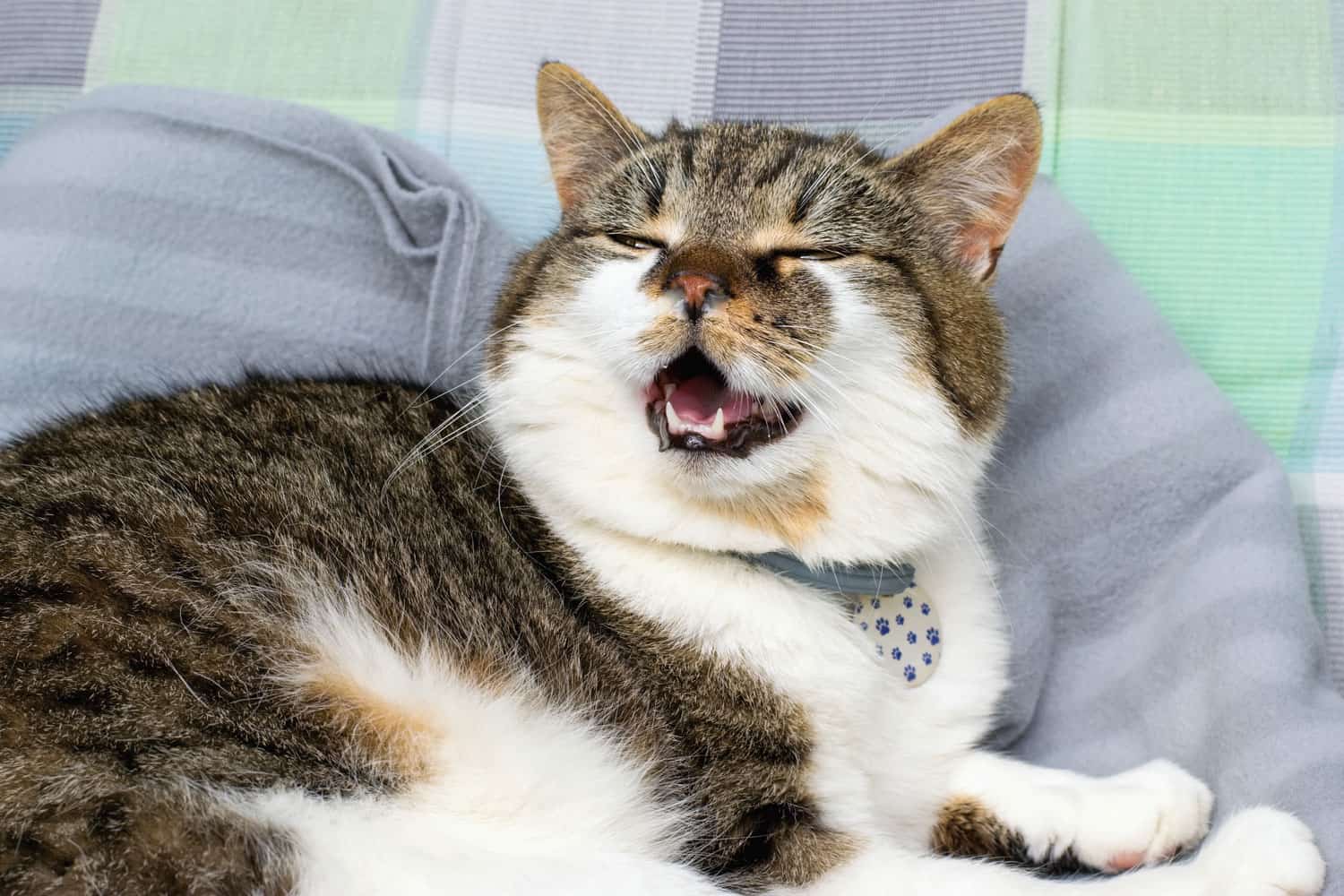
Identifying The Symptoms
If Miss Kitty starts sneezing, it might be more than just a random sneeze. URIs, commonly known as colds in cats, often begin with sneezing.
As the ailment progresses, other symptoms can include discharge from the nose or eyes, nasal congestion, loss of appetite, and an overall sense of lethargy.
A more severe sign to watch out for is coughing.
Immediate Action And Consultation
Spotting these symptoms should prompt a consultation with your vet or the shelter from which you adopted the cat.
While the majority of URIs are viral, cats are also susceptible to secondary bacterial infections. Thus, putting cats with these ailments on antibiotics is a common practice.
Home remedies might seem tempting, but they could exacerbate the problem. Notably, one prevalent viral URI is Feline Herpes or Feline Viral Rhinotracheitis.
This ailment tends to recur, especially under stress. Many veterinarians recommend adding a pinch of L-Lysine to the cat's diet as a preventive measure.
Importance Of Nutrition
During this ailment, it's imperative for the cat to maintain its nutrition. Eating not only provides them with energy but also aids their immune system in combatting the cold.
However, a stuffy nose can diminish a cat's sense of smell, often leading them to refuse food.
To combat this, consider offering foods with stronger odors or adding dried fish flakes, available at most pet stores.
For nasal congestion, consult your vet about saline solutions like "Little Noses" or even try creating a steam bath in your bathroom.
If these efforts don't coax your cat into eating, syringe feeding might be necessary. A cat that doesn't eat for about 48 hours is at risk of serious liver ailments.
Eye Care
If you notice your cat's eyes looking teary, goopy, or if the eyelids are partially closed, it's time to consider eye treatments.
These symptoms, if left untreated, can cause permanent damage to the cornea, exacerbating the ailment.
SIGN UP FOR THECATSITE'S EMAIL UPDATES >
Diarrhea
Diarrhea can be distressing for both cats and their owners.
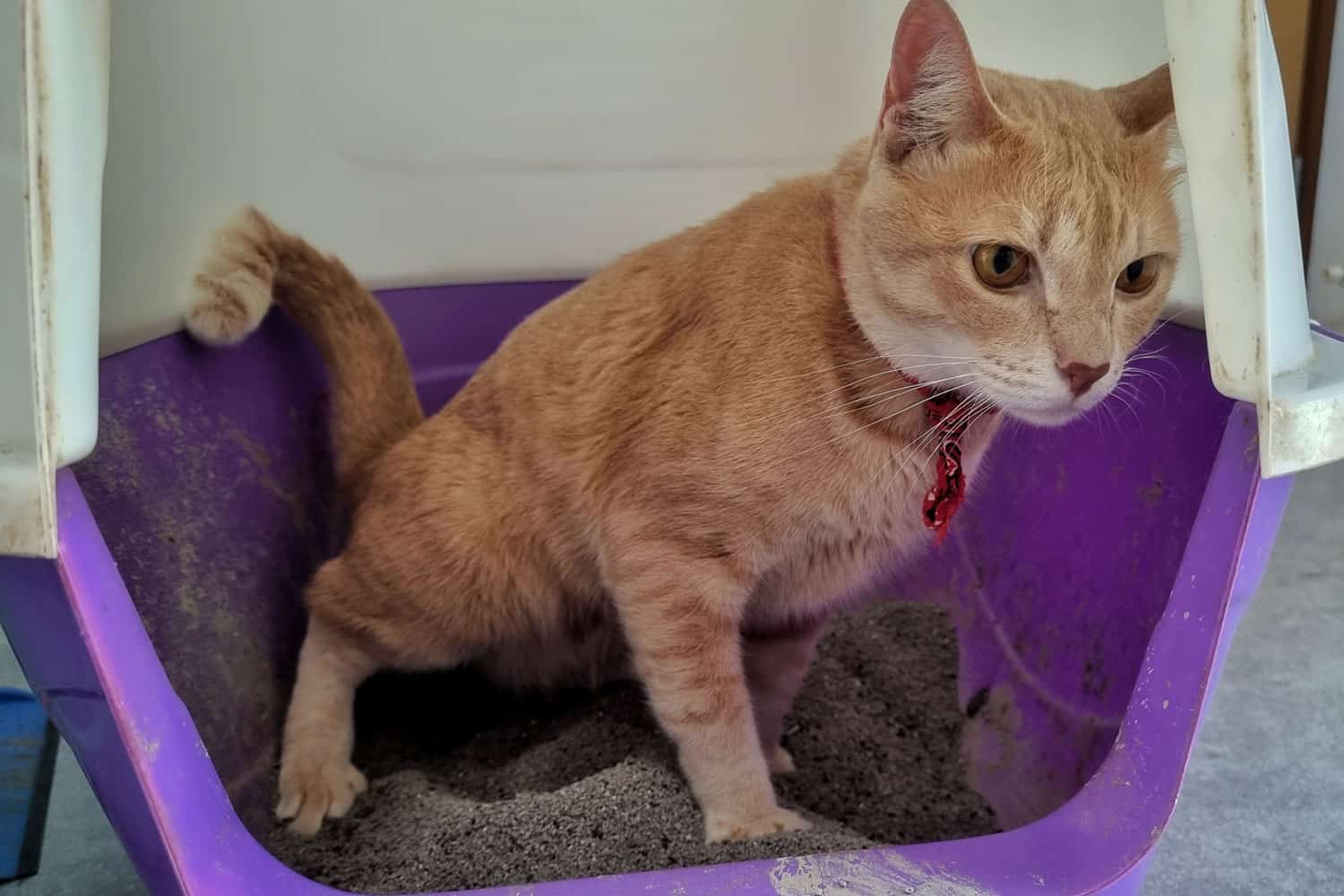
Recognizing the potential causes and seeking appropriate treatment for these gastrointestinal ailments is vital, especially since diarrhea can have severe implications if not addressed promptly.
Kittens And Diarrhea
Young kittens are particularly vulnerable to diarrhea. Their small bodies can become dehydrated rapidly, and certain parasites that induce diarrhea can be fatal if not treated.
While adult cats also require medical attention for diarrhea, it's especially crucial for kittens.
Dietary Changes
A sudden switch in your cat's diet, especially from one type of wet food to another, can lead to diarrhea.
The cat's digestive system might not have had ample time to adjust to the new ingredients.
If you've adopted a cat, inquire about its previous diet from the shelter or rescue group.
It's advisable to continue with the same food or gradually transition to a new diet to prevent digestive disruptions.
Roundworms
Many kittens are born with roundworms, making them the most common type of worm in kittens. These can result in mild diarrhea, occasionally with traces of blood.
It's imperative to treat young kittens for roundworms. Treatment typically involves a liquid medication administered orally by a veterinarian.
Avoid over-the-counter treatments, as they may not be effective or safe.
Coccidia
These single-celled organisms are a frequent cause of diarrhea in both cats and kittens.
Diarrhea caused by coccidia often has a distinctive sour-fruity odor and can vary in appearance – from pale to bloody or watery.
Due to the rapid progression of complications from coccidia, especially in kittens, treatment is often initiated based on symptoms even before a confirmed diagnosis.
Remember, a negative float test doesn't guarantee the absence of coccidia.
Giardia
Giardia is another parasite known to cause diarrhea with a foul odor in cats. The onset is typically swift, with the feces often containing visible mucus.
Again, a negative float test doesn't confirm the absence of giardia infection.
Modern Diagnostic Tests
The PCR (Polymerase Chain Reaction) test is a groundbreaking diagnostic tool.
It amplifies pathogenic DNA, allowing early and precise detection of various illnesses, including respiratory conditions and parasite-induced diarrhea.
With results available in 1-3 days, the PCR test is rapidly becoming the gold standard in diagnostics, combining speed with accuracy.
Skin Related Issues
Cats, especially those from shelters or rescue groups, can sometimes face skin-related challenges. Here's a deeper look into some of the common skin ailments:
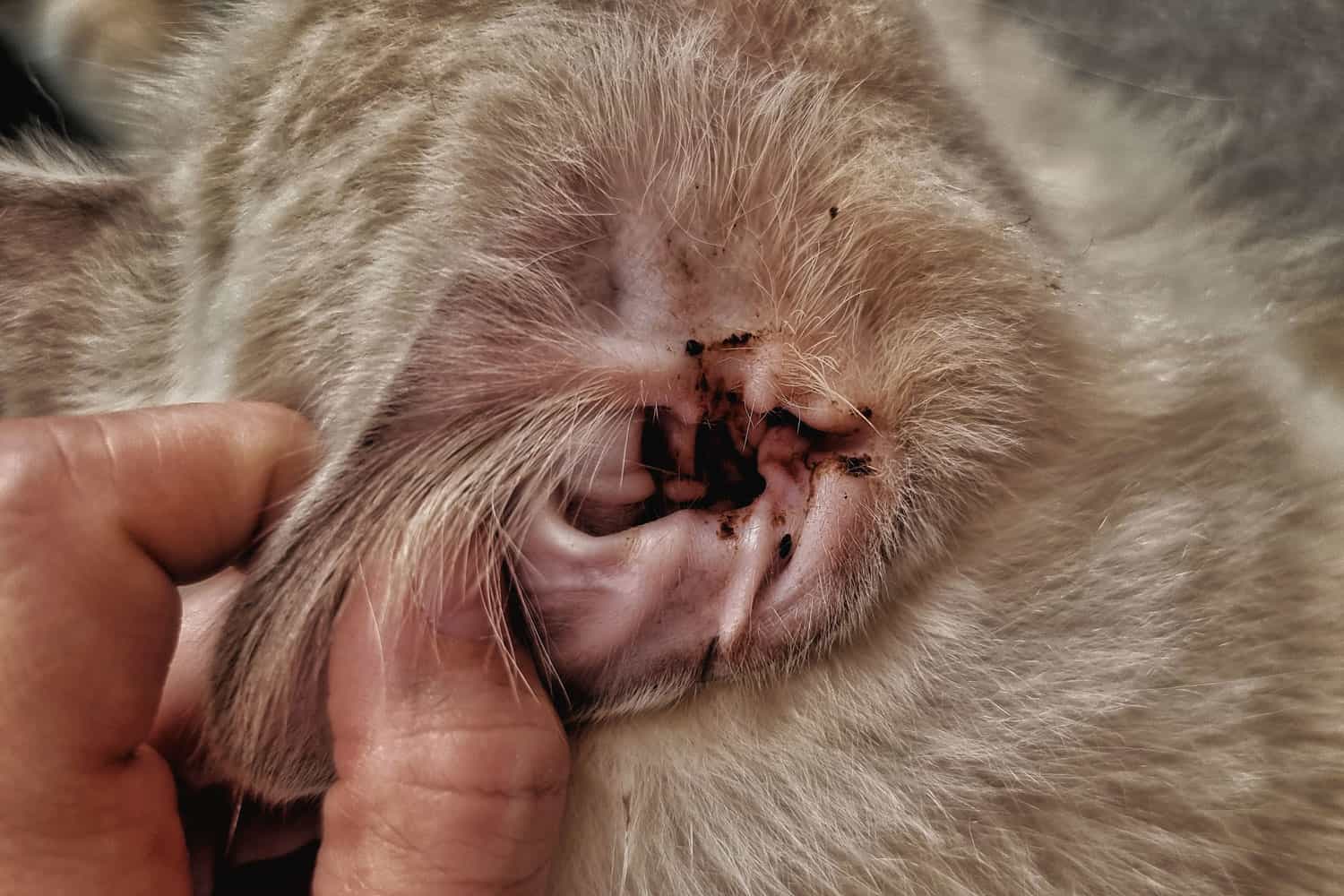
Ringworm (Not an Actual Worm!)
Contrary to its name, ringworm is a fungal infection, not a worm. While it can be transferred to humans, causing mild irritation, there's generally no cause for panic.
It's not life-threatening to cats or most humans, but extra care should be taken around young children, the elderly, and those with compromised immune systems.
The most noticeable sign of ringworm in cats is a circular bald patch, often surrounded by scabby, reddish, or grayish welts.
These are commonly found on the face, ears, paws, tail, or head.
Treatment: Over-the-counter anti-fungal creams applied twice daily or more to the affected areas can help. For more severe cases, vets might prescribe lime dips or oral medications like Terbinafine.
Ear Mites
These are tiny creatures, akin to microscopic ticks, that can reside in a cat's ears. A telltale sign is dark, coffee-ground-like dirt inside the ears.
Before treating for ear mites, ensure the ears are cleaned thoroughly. If the dark residue reappears over time, ear mites are likely the culprits.
Treatment: Typically, ear drops are recommended post-cleaning to combat ear mites.
Fleas
These pesky parasites might be hard to spot, but their remnants aren't. Look for "flea dirt," which appears like pepper specks and is actually flea feces containing digested blood.
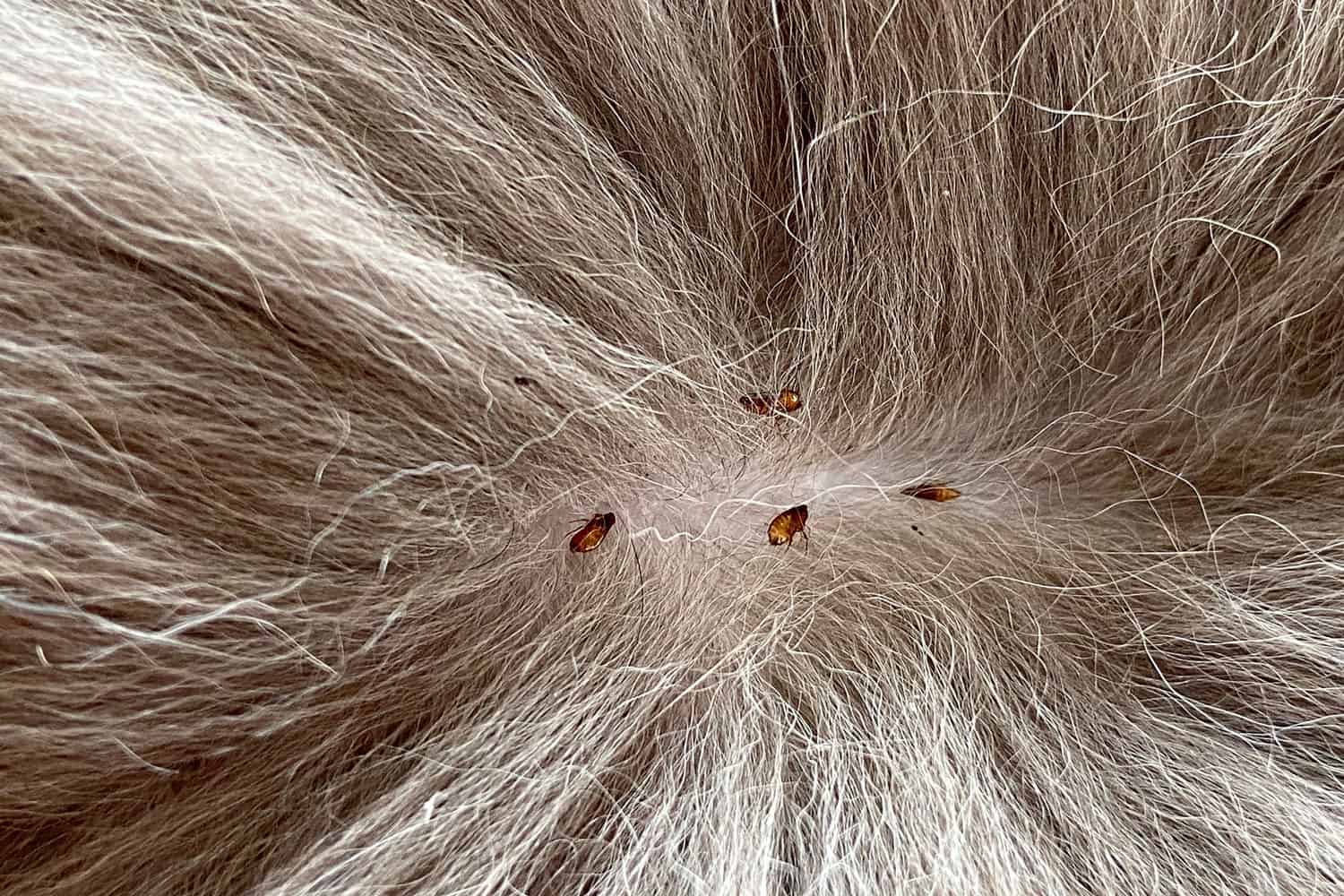
A simple test involves placing some of this "dirt" on a wet paper towel; a bloodstain confirms its flea origin.
Treatment: For kittens aged eight weeks and above, "spot-on" treatments such as Advantage, Revolution, and Frontline are popular choices.
However, some regions report that fleas are becoming resistant to Frontline.
Another option, Program, is a chewable pill that disrupts the flea life cycle, taking a bit longer to show results but posing no toxicity risks.
Capstar, another oral pill, can be added to food and, while not providing prolonged protection, eradicates fleas within a few hours.
This pill, under vet consultation, can be safe for kittens under eight weeks.
Warning: Avoid flea collars. They're not only ineffective but also continuously expose your cat to insecticides, posing a toxicity risk. Additionally, they can be a strangulation hazard.
Closing Thoughts
You've done a wonderful thing by adopting a cat or kitten from a shelter or rescue group! Despite the best efforts of these organizations, many cats will still have some medical ailments around the time of adoption.
Most of these problems are easily resolved with the timely intervention of the adopter and with the help of a vet.
If you see symptoms of ailments in your adopted kitten or cat, please don't wait to get help, and don't wait for the symptoms to go away by themselves.
Contact your vet or shelter at the first sign of symptoms. And may your cats live long, healthy, and happy lives!
SIGN UP FOR THECATSITE'S EMAIL UPDATES >
Comments? Leave them using the form below. Questions? Please use the cat forums for those!
Read more on:
Heart Disease In Cats: Real Stories of Detection, Treatment, and Recovery
Feline Lower Urinary Tract Disease (flutd)
Note: We may get commissions for purchases made through links on this page.


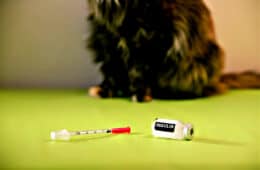
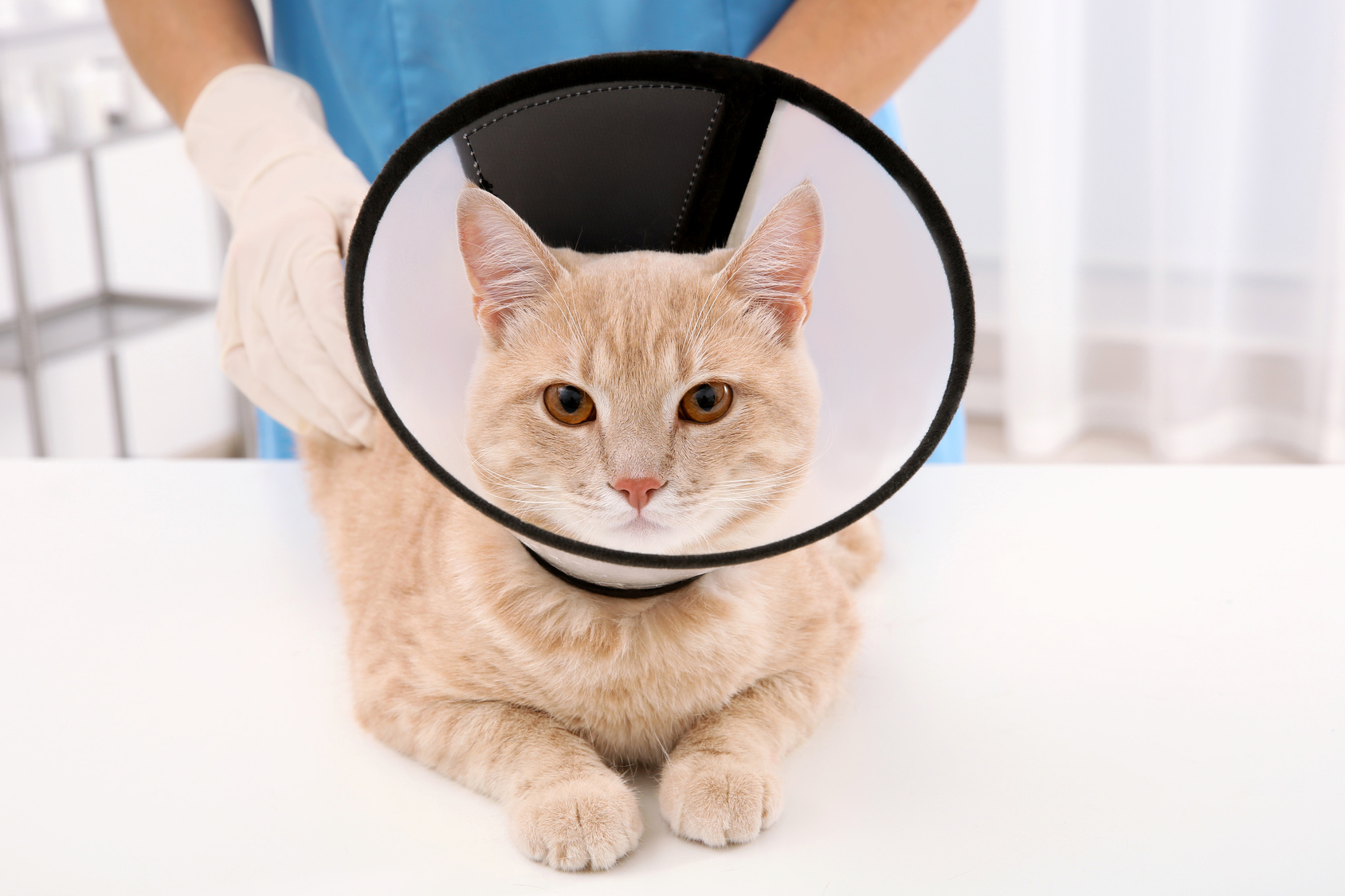
13 comments on “Identifying Common Ailments In Cats Adopted From Animal Shelters And Rescue Groups”